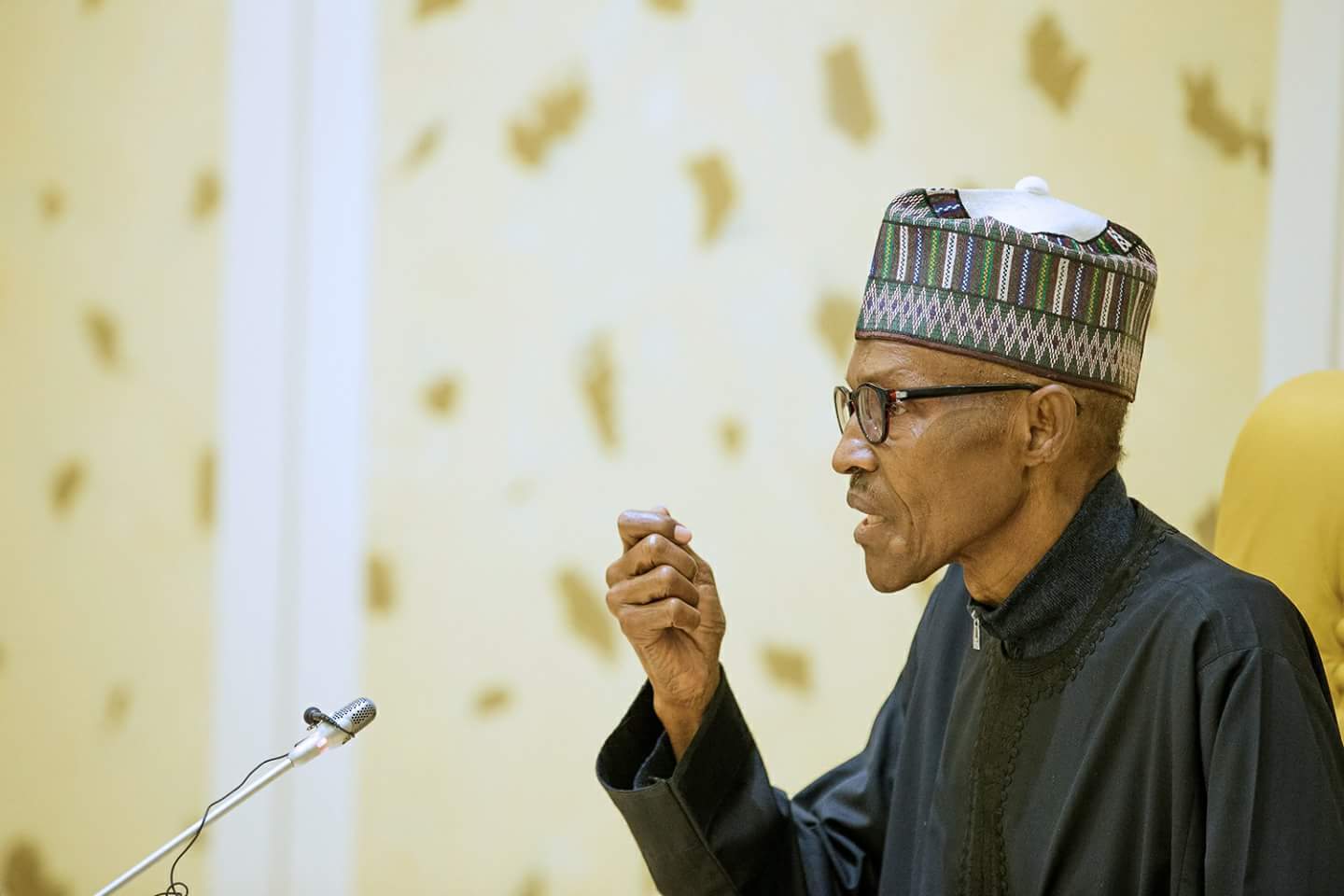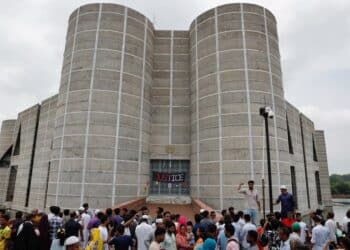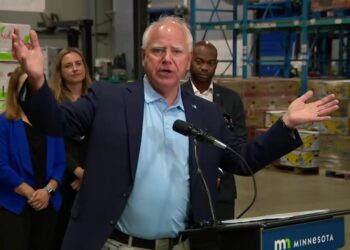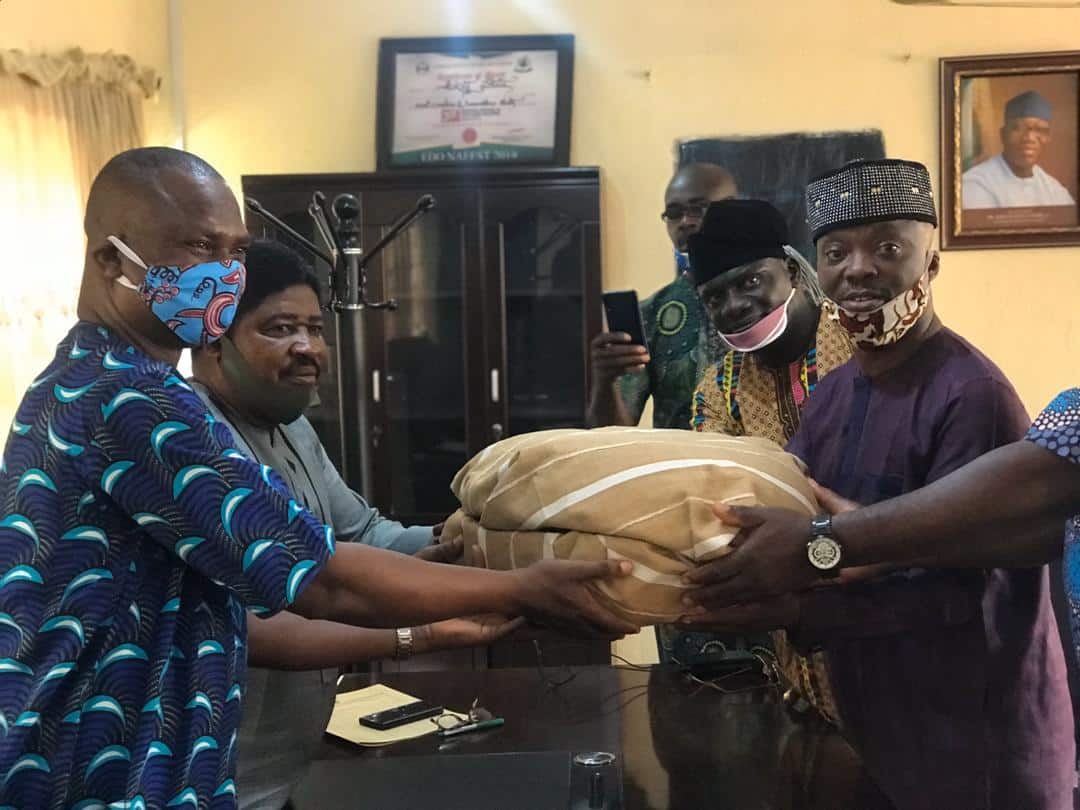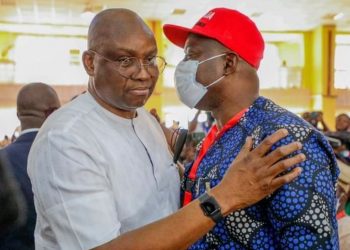PRESIDENT Muhammadu Buhari has welcomed the news of Nigeria’s exit from recession with cautious optimism, stressing that his administration will continue to drive the country’s economic growth by vigorously implementing the Economic Recovery and Growth Plan launched earlier this year.
Speaking through his Special Adviser on Economic Affairs, Dr. Adeyemi Dipeolu, on the second quarter 2017 figures just released by the National Bureau of Statics, said the Nation exited recession after five successive quarters of contraction.
He added that said the overall economic plan and direction of the administration has resulted, among others, in sustained restoration of oil production levels, (occasioned by the enhanced security and stability in the Niger Delta) sustained growth in agriculture, mining and the first growth recorded in industry as a whole in the last nine quarters since Q4 2014.
According to the statement signed by Dipeolu, “The figures released by the National Bureau of Statistics for the second quarter of this year (Q2 2017) show that the economy grew in Q2 2017 by 0.55% from -0.91% in Q1 2017 and -1.49% in Q2 2016. This in effect means that the Nigerian economy has exited recession after five successive quarters of contraction.
“This positive growth is attributable to both the oil and non-oil sectors of the economy. Growth in the oil sector which has been negative since Q4 2015 was positive in Q2 2017. It rose by 1.64% as compared to -15.60 in Q1 2017, an increase of up to 17 percentage points. This improvement is partly due to the fact that oil prices which have improved slightly from the lows of last year have been relatively steady as well as the fact that production levels were being restored.
“The non-oil sector grew by 0.45% in Q2 2017, a second successive quarterly growth after growing 0.72% in Q1 2017. This increase which was not quite as strong as it was in Q2 2016 reflects continuing fragility of economic conditions. However, given that nearly 60% of the non-oil sectors contribution to GDP is influenced by the oil sector, growth in the oil sector will help boost the rest of the economy.
“The positive growth seen in agriculture when the rest of the economy was contracting was maintained at 3.01% which is encouraging especially if seasonal factors are taken into account. Manufacturing growth was also positive at 0.64% and although lower than the previous quarter’s growth of 1.36%, it was an a noticeable improvement over the -3.36% experienced in Q2 2016 and a continuation of the turnaround of the sector. Solid minerals which remain a priority of the Administration also continued to grow and in Q2 2016 by 2.24%.
“Overall, industry as a whole grew by 1.45% in Q2 2017 after nine successive quarters of contraction starting in Q4 2014. This positive development was somewhat overshadowed by the continued decline in the services sector which accounts for 53.7% of GDP. Nevertheless, electricity and gas as well as financial institutions grew by 35.5% and 11.78% respectively in Q2 2017.
“The GDP figures give grounds for cautious optimism especially as inflation has continued to fall from 18.72% in January 2017 to 16.05% in July 2017. Foreign exchange reserves have similarly improved from a low of $24.53 in September 2016 to about $31 billion in August 2017. In the same vein capital importation grew by 95% year-on-year driven by portfolio and other investments but also notably by foreign direct investment which increased by almost 30% over the previous quarter.
“Foreign trade has also contributed to improving economic conditions with exports amounting to N3.1 trillion in Q2 2017 while imports which increased by 13.5% amounted to N2.5 trillion in the same period. The overall trade balance thus remained positive at N0.60 trillion.


